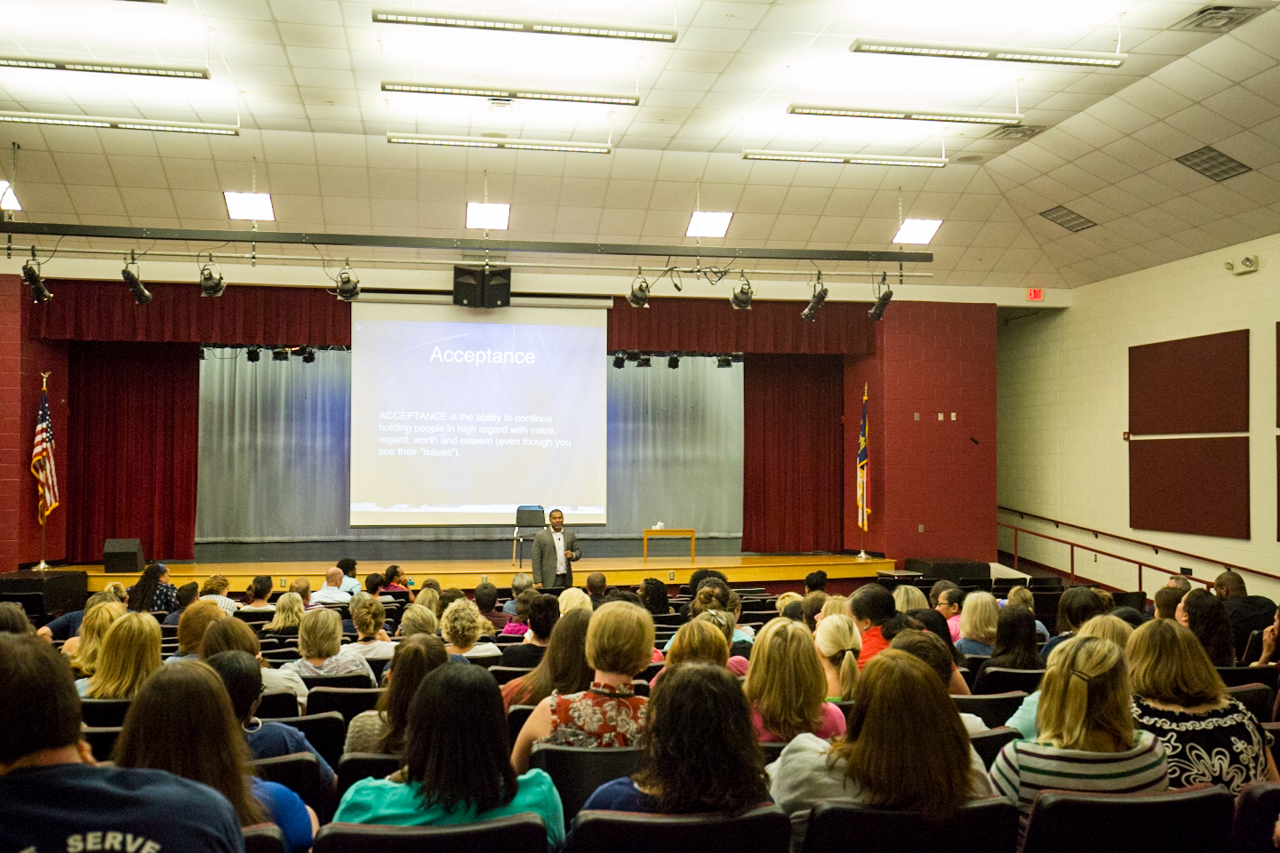Recently, there have been several "racially charged controversies" in a school district, and some district leaders believed that their teachers needed to become more interculturally competent. So they hired me to lead the training. Early in my session, a teacher complained, "I don't know why we need this." Her district is 75% white and made up of middle-class and affluent families. Hearing her dismiss her need for this kind of training only confirmed for me (and others in the room) that attitudes like hers might be causing- or at least exacerbating- the racial tensions in her school district.

A lot of teachers think that they can continue doing things the way they have always done them, and still be effective. What they fail to (don't want to?) realize is that our country is becoming more diverse culturally, religiously, socioeconomically, etc, and if teachers who live in historically homogenous districts (which are experiencing a significant influx of diverse families) do not equip themselves to understand and navigate these changes with wisdom, they will eventually become more and more distant from their students, and will become increasingly ineffective as teachers. Their unwillingness to learn will eventually lead to more misunderstanding, conflict and, eventually, chaos in the classroom. So throughout our half-day session, I helped her and her colleagues see how culturally conditioned and linguistically particular they really are; and, as a result of such conditioning, they are neither "normal" nor "the norm" by which every other student should be evaluated. Of course, I also showed them how to build cross-cultural bridges into the lives of their students.
At the end of my time with them, several veteran educators and counselors came up to me and said that mine was the absolute best professional development day they have ever had in their professional lives. I think the woman who complained quietly snuck out the back door. Either way, her attitude only reaffirmed my commitment to helping teachers become better students of their students.
I show busy teachers how to do that in my newest book, Even on Your Worst Day You Can Be a Student's Best Hope. You can get it directly from ASCD, the number one publisher for education leaders and curriculum development in the world.
